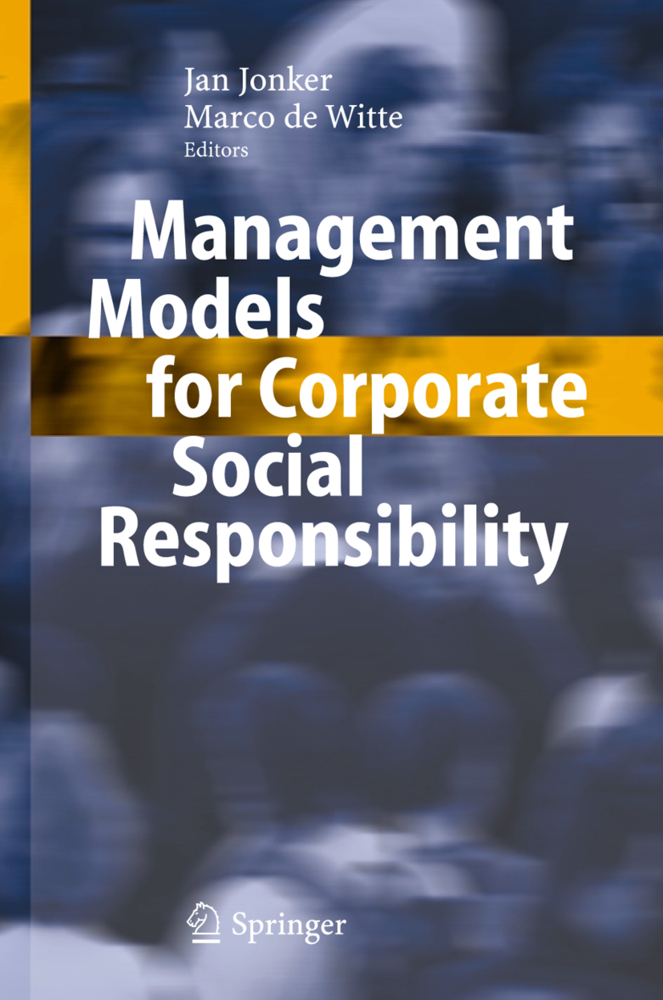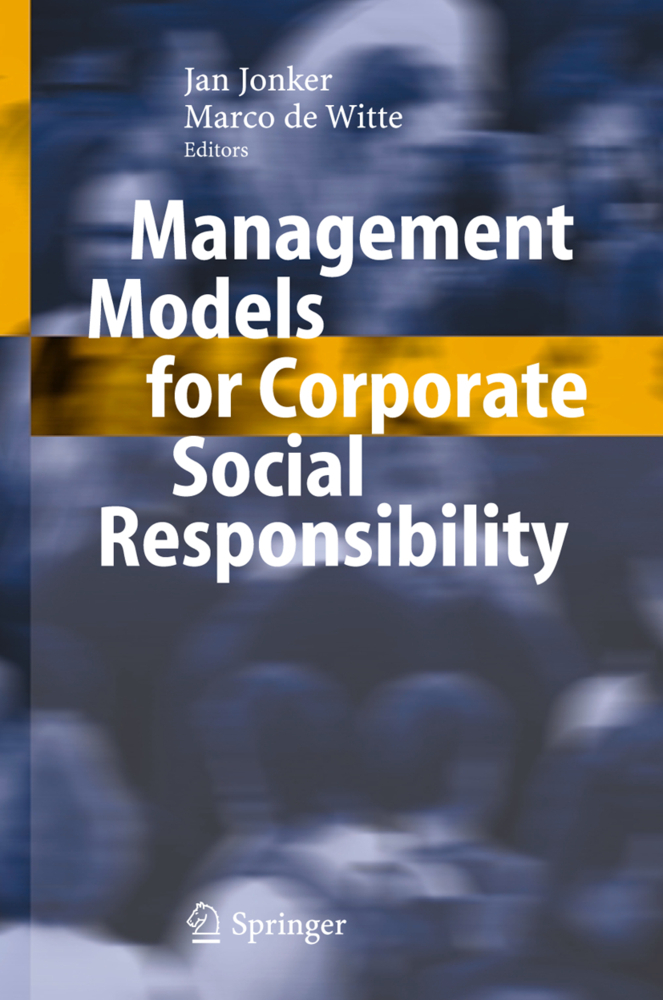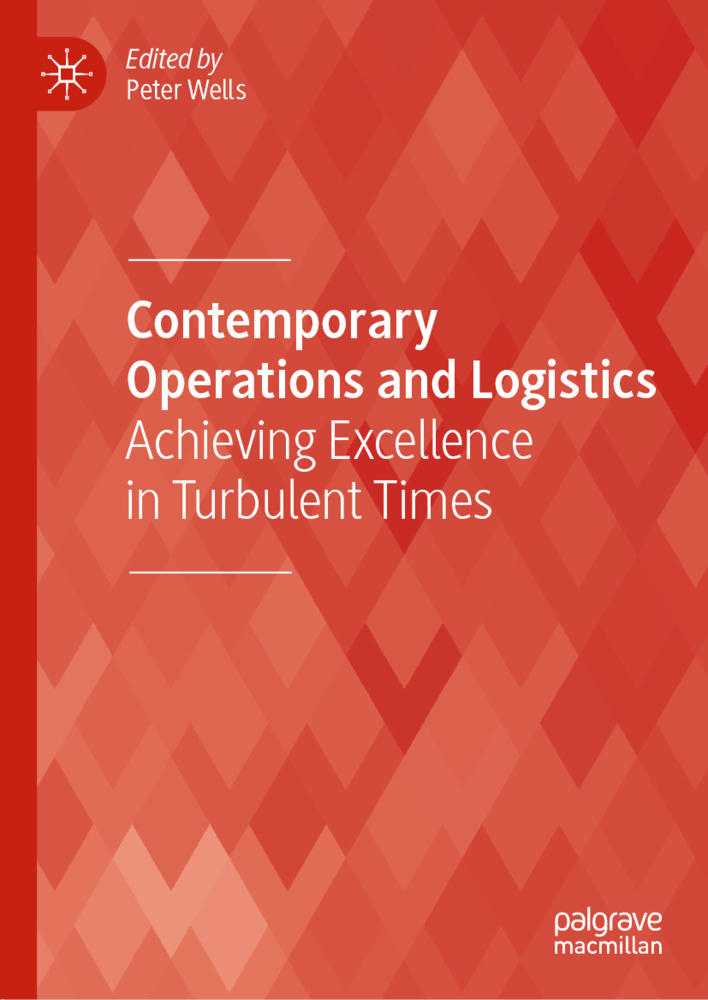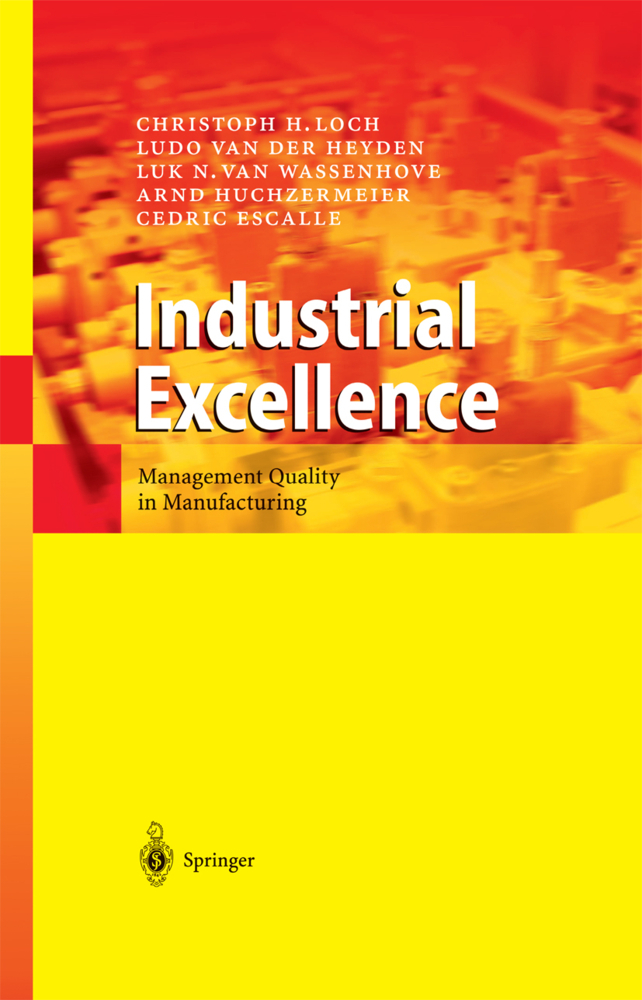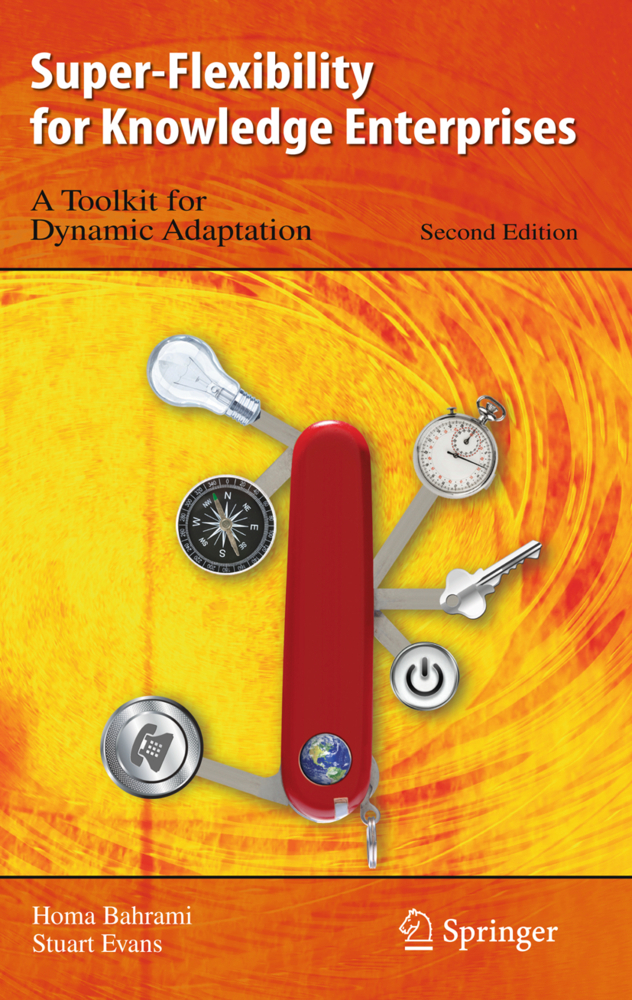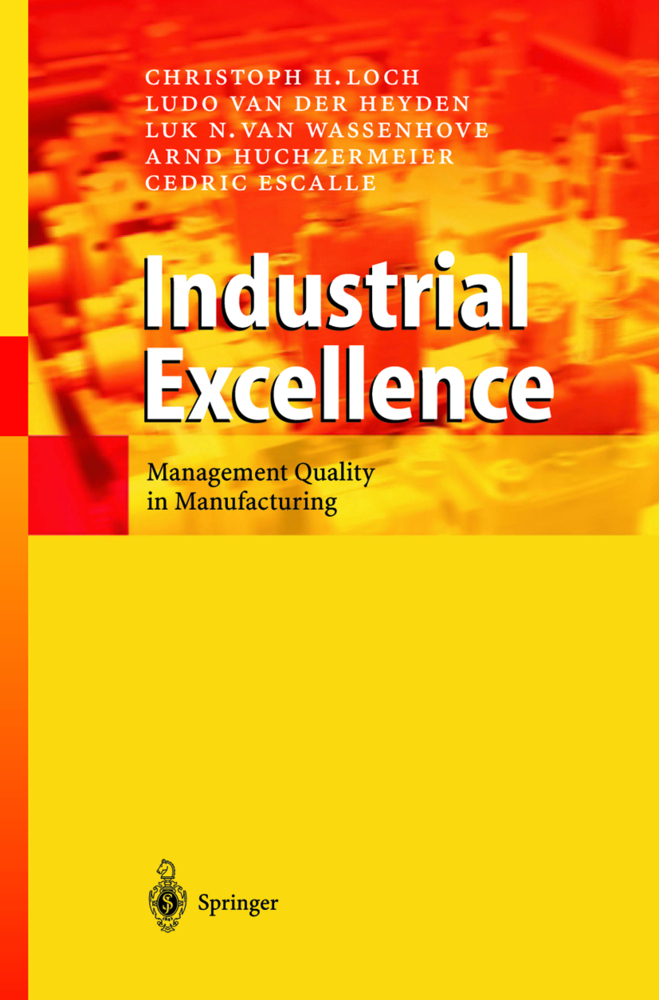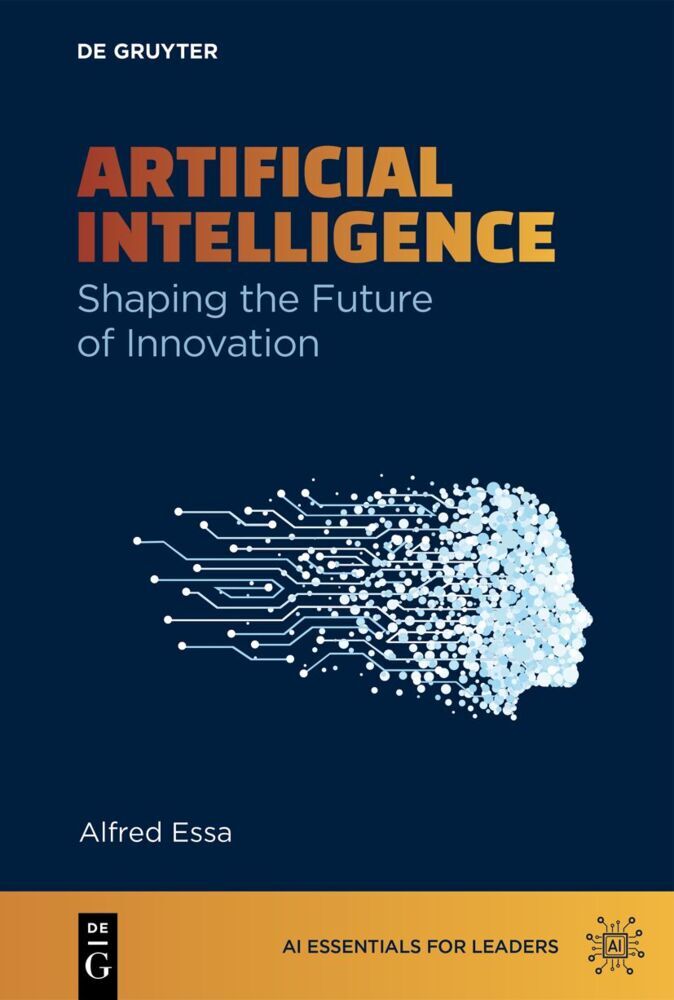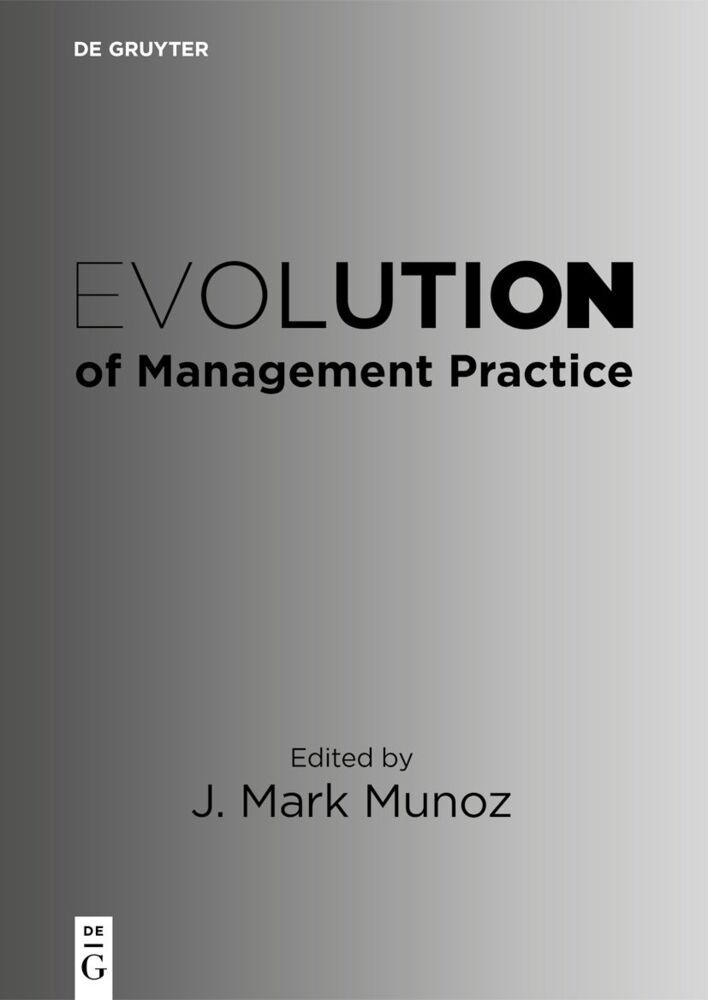The Corporate Energy Strategist's Handbook
The Corporate Energy Strategist's Handbook
In an era in which scientists say we are approaching a point of no return in terms of climate change, companies are looking for ways to improve productivity of innovations that reduce environmental footprints. Among the questions they are looking to answer are: How can financial tools be leveraged for positive energy outcomes? How can the energy strategy be integrated into board responsibility?
This book provides answers to these questions and more, presenting a selection of decision-making frameworks for strategy and sustainability management. Comprehensive in scope, its 120 frameworks-some well-known while others are original-provide a thorough, practical guide to inform the sustainability strategy of your organization. In addition to learning how to green your organizational strategy, you will also learn how to communicate your strategy to your teams.
An essential source for executives desiring to be more responsible in energy performance and to decarbonizetheir operations, this book will prove useful in your day-to-day organizational work.
1. Prologue: Why Create a Toolkit of Frameworks?
2. Introduction to Part I: What Is Energy-as-Strategy?3. Strategy Literacy: Seeking Competitive Advantage
4. Energy Literacy: The Energy Balance for Business Decisions
5. Financial Statements: The Universal Language of Business
6. Energy Statements: Mediating Decision Cycles
7. Carbon Strategies: De-risking Exposures
8. Introduction to Part II: What Is a System?
9. Systems Literacy: How to Think in Systems
10. Metrics Systems: Managing Resource Flows
11. How to Create Your Own Framework
12. Introduction to Part III: What Is a Leader?
13. Organizational and Decision-Making Tools
14. Communication: Using Structures to Send Information
15. Communication: Perceiving Structure When Receiving Information
16. Introduction to Part IV: What Is Innovation?
17. How to Ask Questions
18. Micro-Innovations: Incremental Process Improvements
19. Meso-Innovations: Creating Serendipity for Emergent Ideas
20. Macro-Innovations: The Discipline of Scaling Adoption
21. Introduction to Part V: What Is Governance?
22. Influence of Energy on Internal Reporting
23. External ESG Reporting Frameworks
24. Epilogue: Advice to an Energy Strategist.
Jia, Jimmy Y.
| ISBN | 978-3-030-36837-1 |
|---|---|
| Artikelnummer | 9783030368371 |
| Medientyp | Buch |
| Copyrightjahr | 2020 |
| Verlag | Springer, Berlin |
| Umfang | XVII, 264 Seiten |
| Abbildungen | XVII, 264 p. 136 illus. |
| Sprache | Englisch |


